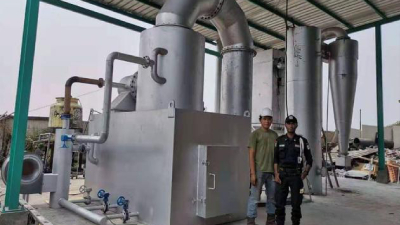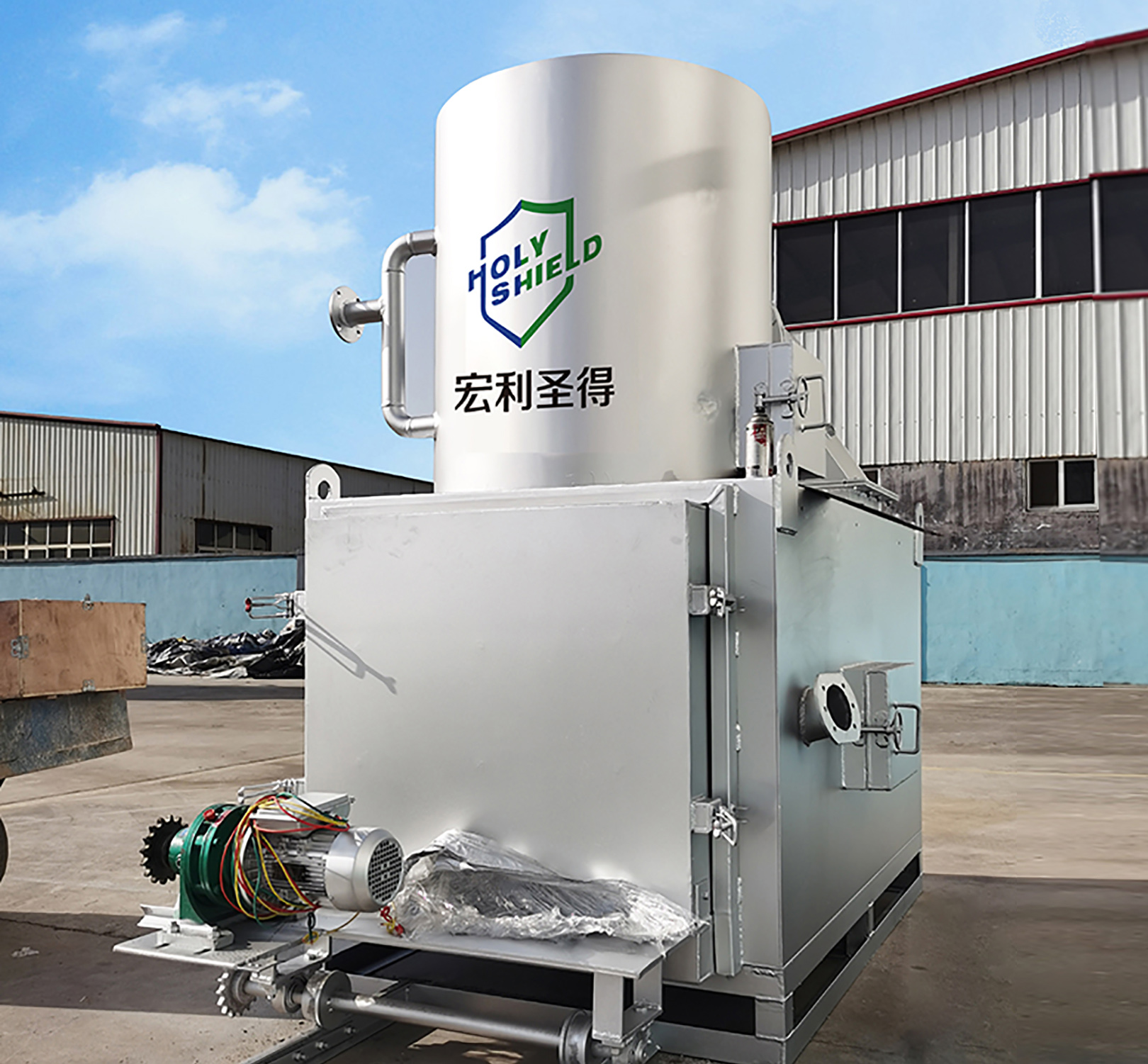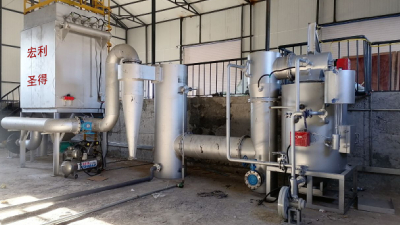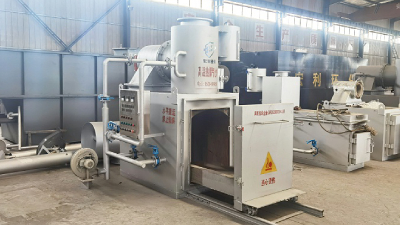The centralized incineration of rural waste is of course reasonable. But the premise is that there must be an environmentally friendly
domestic waste incinerator, reasonably deal with the problem of soot and fly ash, and discharge compliance.

The garbage in rural areas is mainly domestic garbage, including packaging bags, expired food, kitchen residues, etc. The key to rural garbage is single-use plastic products, which is the so-called "white pollution". There are two ways to deal with plastic waste, landfill and incineration, but rural arable land cannot be used for landfill garbage, so incineration has become a common solution for rural garbage disposal. However, the air pollution caused by incineration of garbage cannot be ignored. During the incineration period, a large amount of odor, sulfur-containing and other toxic gases will be released, and dust and fine particulate matter will fly with the wind, causing the suspended particulate matter of sulfur dioxide in the air to exceed the standard and acid rain. The phenomenon of dust pollution occurs frequently. To this end, the "Air Pollution Prevention and Control Law" stipulates that it is prohibited to burn asphalt, linoleum, rubber, plastic, leather, garbage and other substances that produce toxic and harmful smoke and odorous gases in populated areas; open burning of straw in populated areas is prohibited. , fallen leaves and other substances that produce smoke and dust pollution.
So, environmentally friendly
waste incinerators have become an excellent choice for rural waste disposal, which can effectively and harmlessly reduce waste, ensure smoke-free, odorless, and discharge up to standard, without causing pollution to the atmospheric environment.
Holy Shield has been focusing on environmental protection for 15 years. It is an environmental protection company integrating production, education and research. It supports the customization of
domestic waste incinerators.




